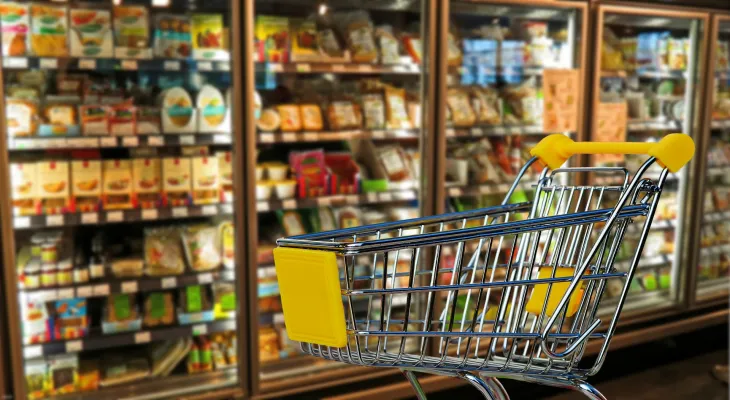Search here
Newspaper
Search here

Arab Canada News
News

Published: March 2, 2022
The rising cost of diesel can lead to a 30 to 35 percent inflation in food prices, exacerbating inflation problems in Canada.
This is at least from the perspective of petroleum industry analysts.
Residents of Ontario have witnessed gasoline prices rise to record levels following Russia's decision to invade Ukraine, with the average cost per liter of fuel expected to rise another seven cents to $1.67.9 across the GTA as of Thursday.
But diesel prices have also been on an upward trajectory amid geopolitical tensions and have risen five cents so far this week, with another seven percent increase expected on Thursday.
For his part, the head of Canadians for Affordable Energy, Dan McTeague, pointed out that "all routes of bringing products to market are usually diesel-driven," and for this reason, its cost will have a more direct impact on consumer goods prices more in the coming weeks and months.
In fact, McTeague predicted that the rising fuel costs are likely to push inflation to levels we may not have seen in our lifetime.
He said, "The reality is that with diesel moving much higher than gasoline, we are not only looking at higher fuel prices but greatly increased costs of everything as if inflation isn’t high enough." "I am not an agricultural economist, but I can tell you from my discussions with many people, which is part of my work here, we are looking at a 30 to 35 percent increase in food prices as a result of these diesel increases and we haven’t even started the farming season yet."
McTeague said he expects fuel prices in the GTA to reach $1.90 per liter or even $2 in the coming weeks, as sanctions limiting Russia's ability to export oil push crude prices toward $120 per barrel.
Amid price pressures, some federal politicians are calling to cancel a planned 11 percent increase in carbon tax scheduled for April 1, including Brampton Mayor Patrick Brown.
During a briefing in Brampton earlier Wednesday, Brown said he is particularly concerned about inflationary pressures that will place "an additional burden on small businesses and families" who have already suffered throughout the COVID-19 pandemic.
He said he is calling on the federal government to "freeze" the planned increase for now.
He said, "There shouldn’t be new burdens now, no new taxes, and we are trying to get through this very difficult period." "There definitely shouldn’t be an increase at this time in fuel prices, nor should there be an additional federal tax on something we all rely on, and that’s something I will be writing to the federal finance minister about. I think now is the worst possible time to put new burdens on Canadians."
Comments